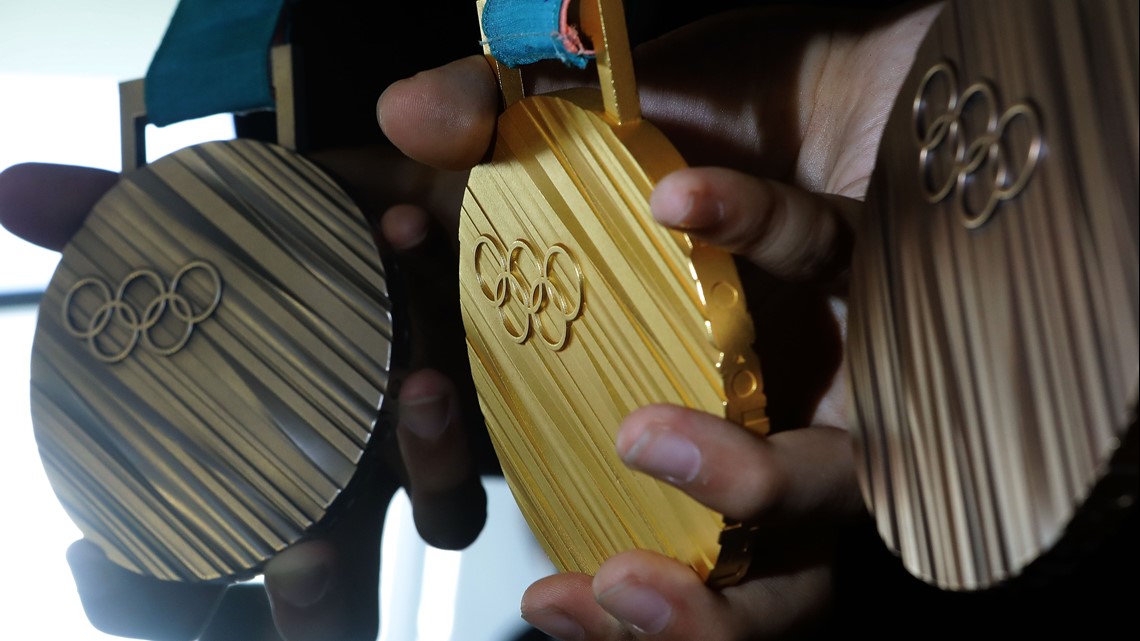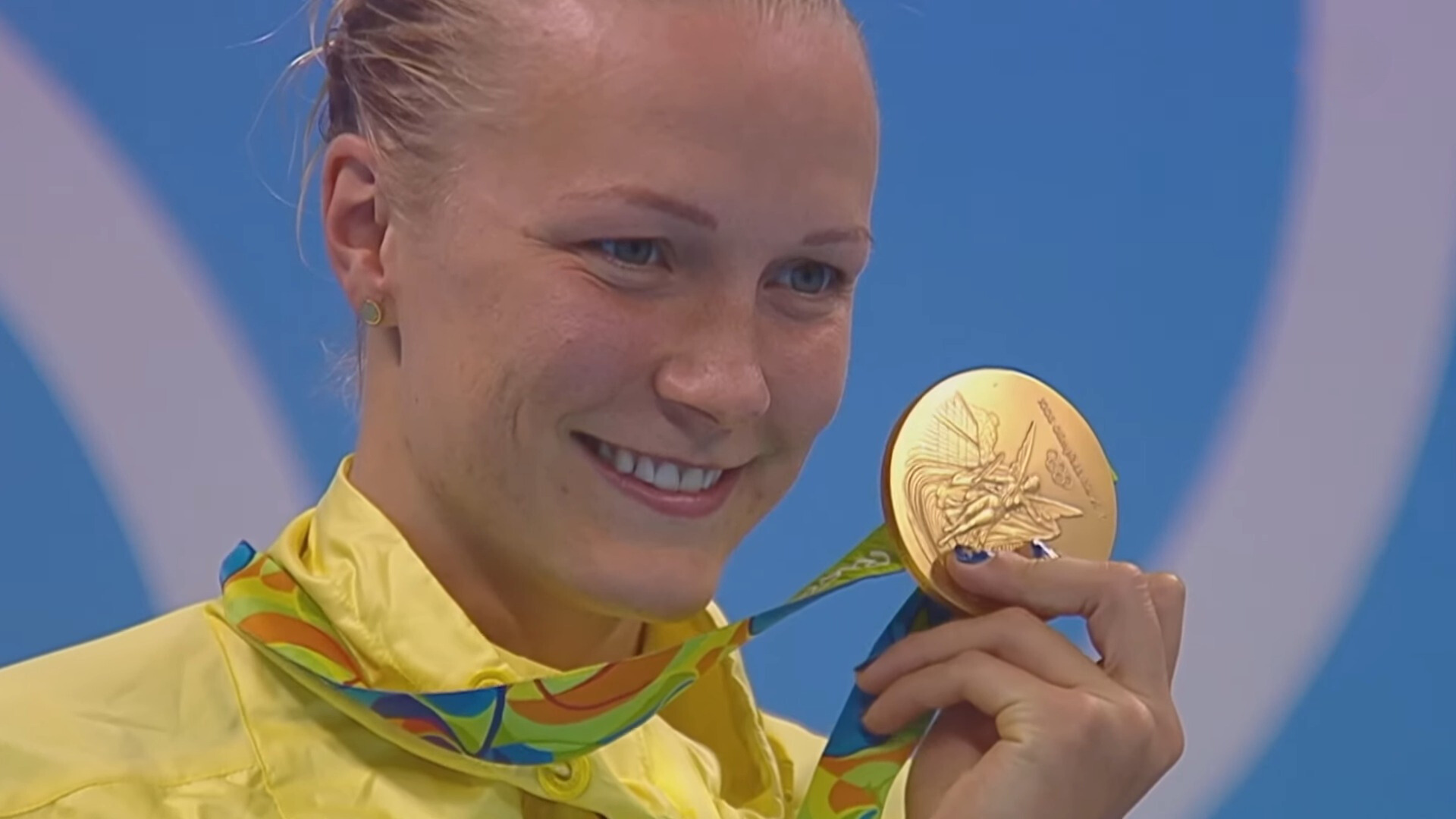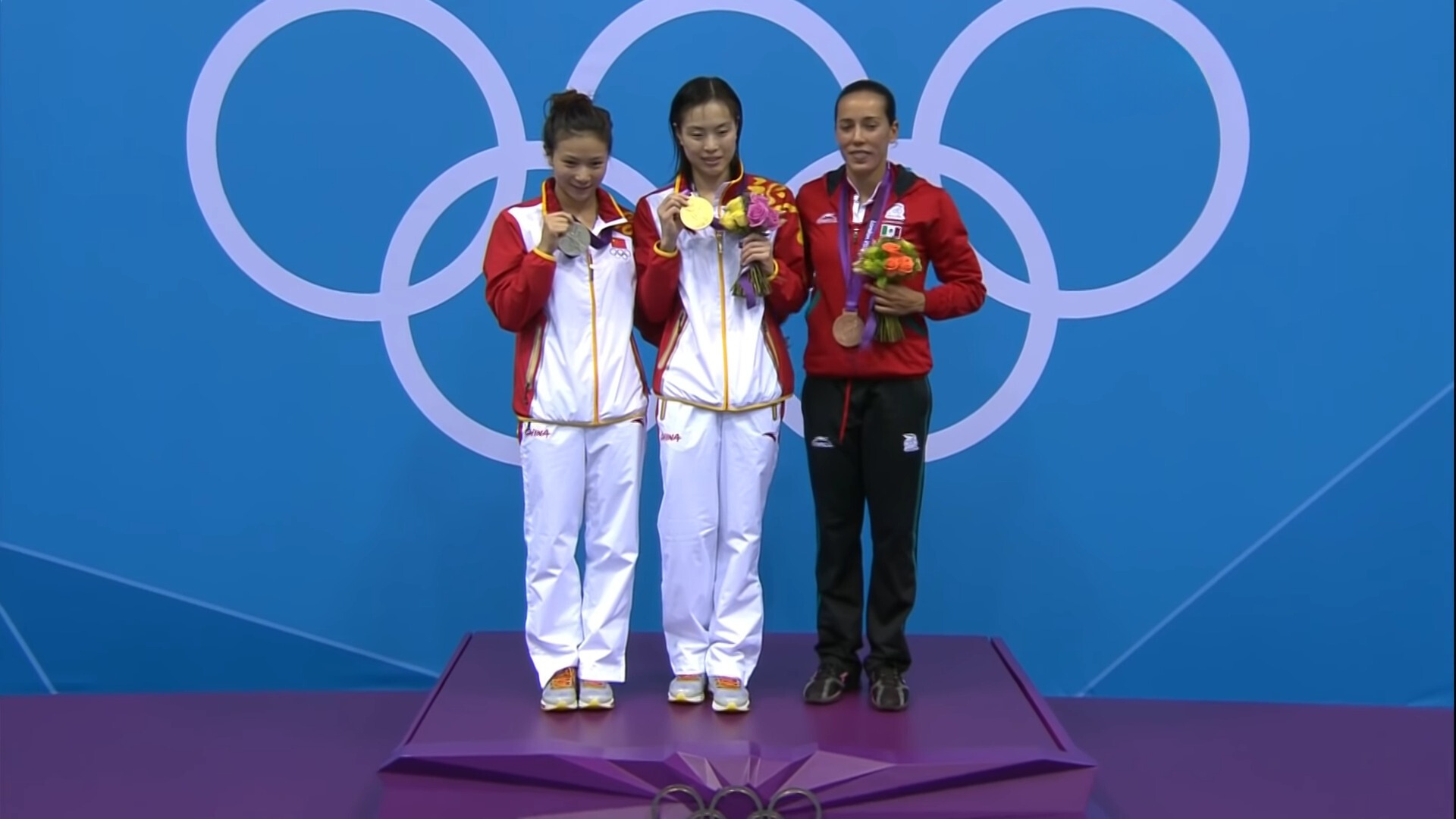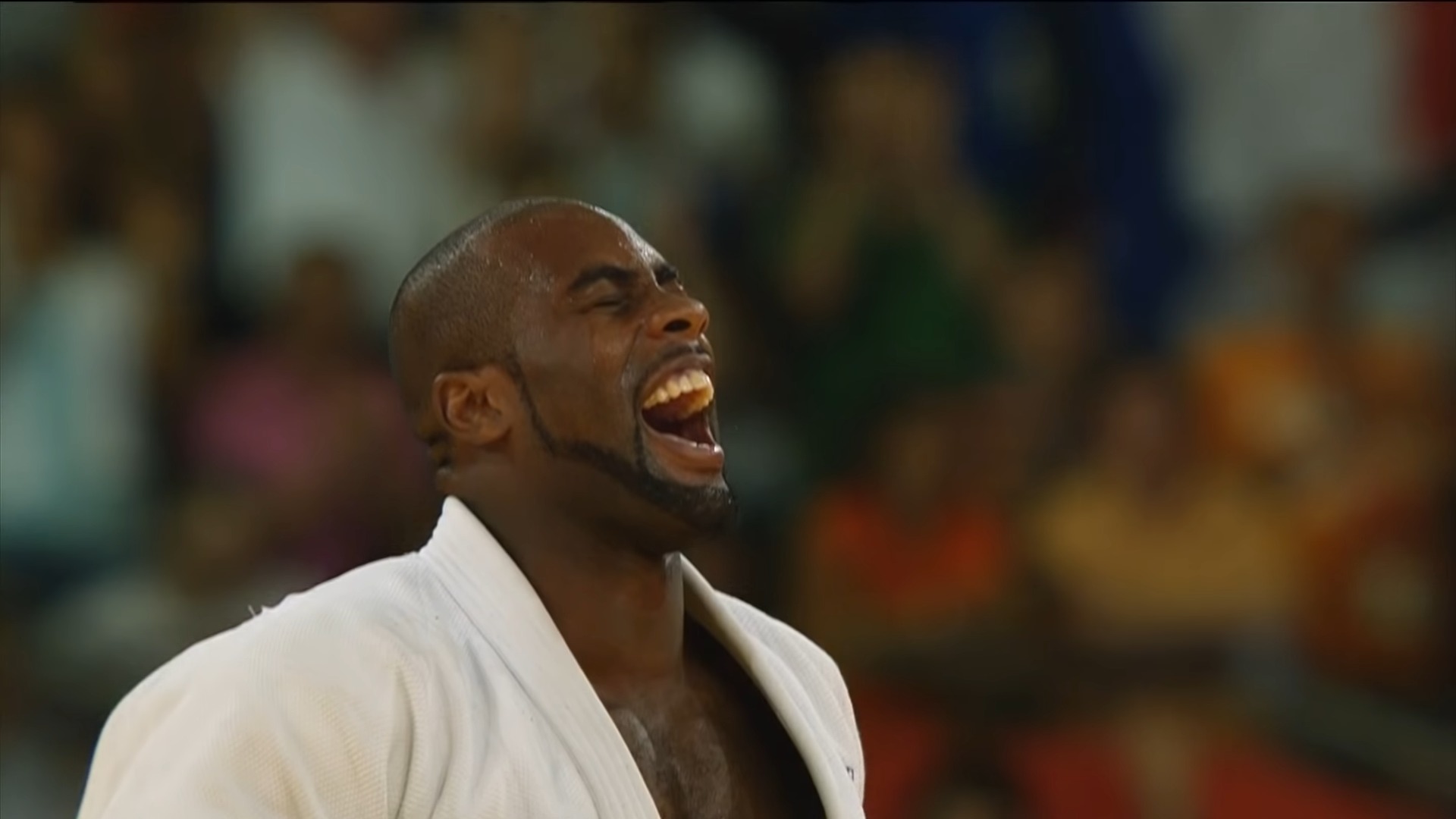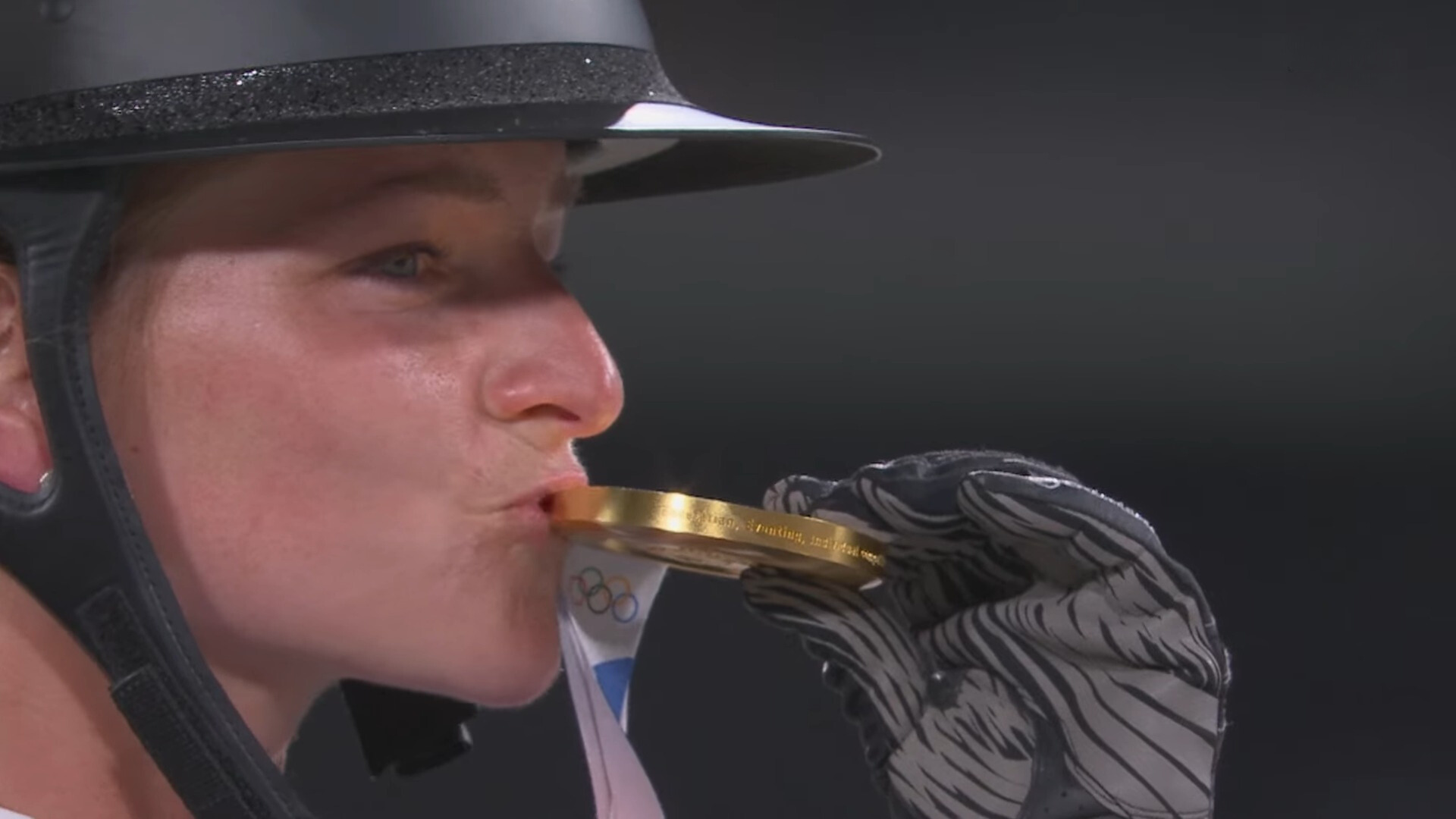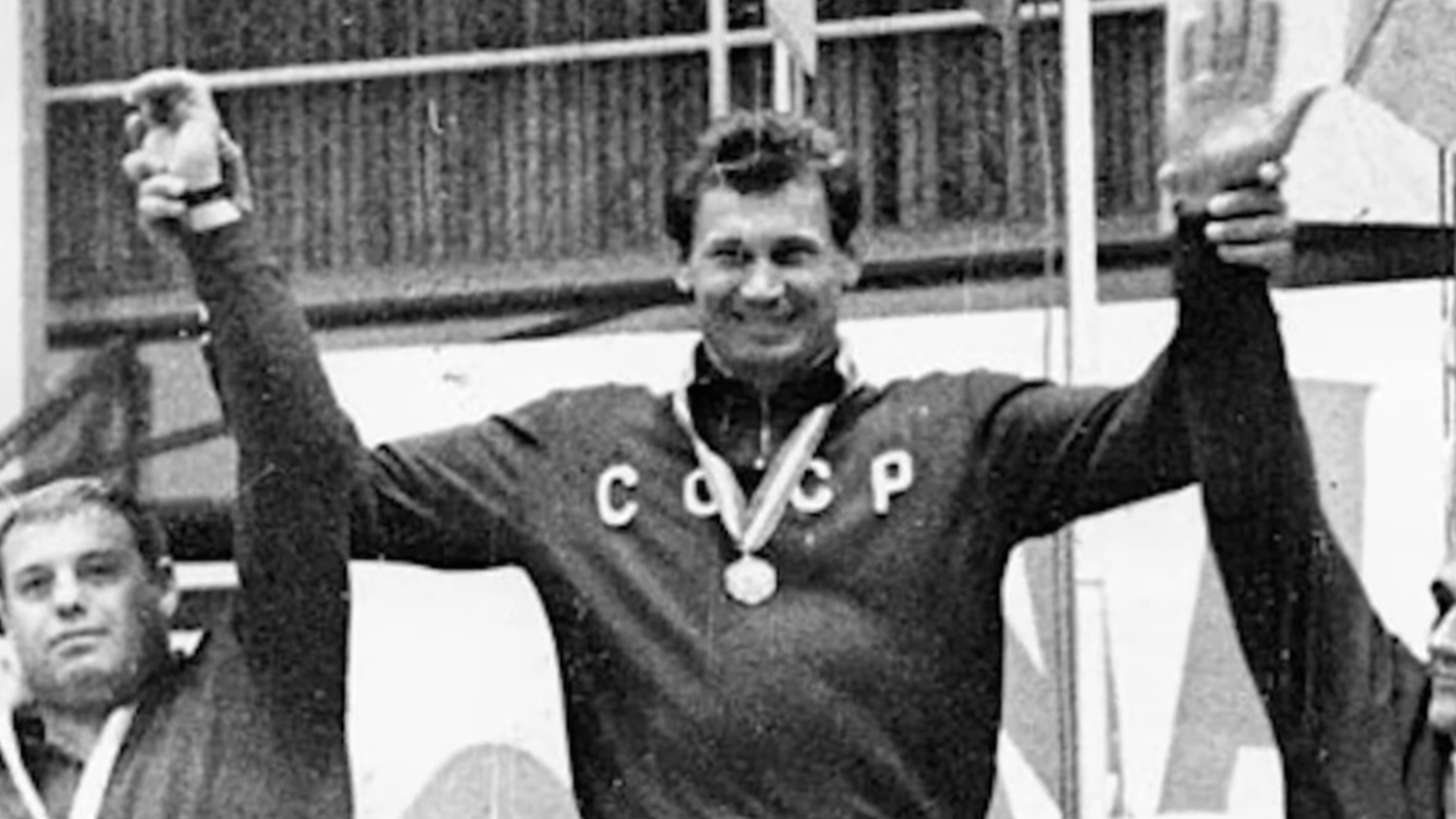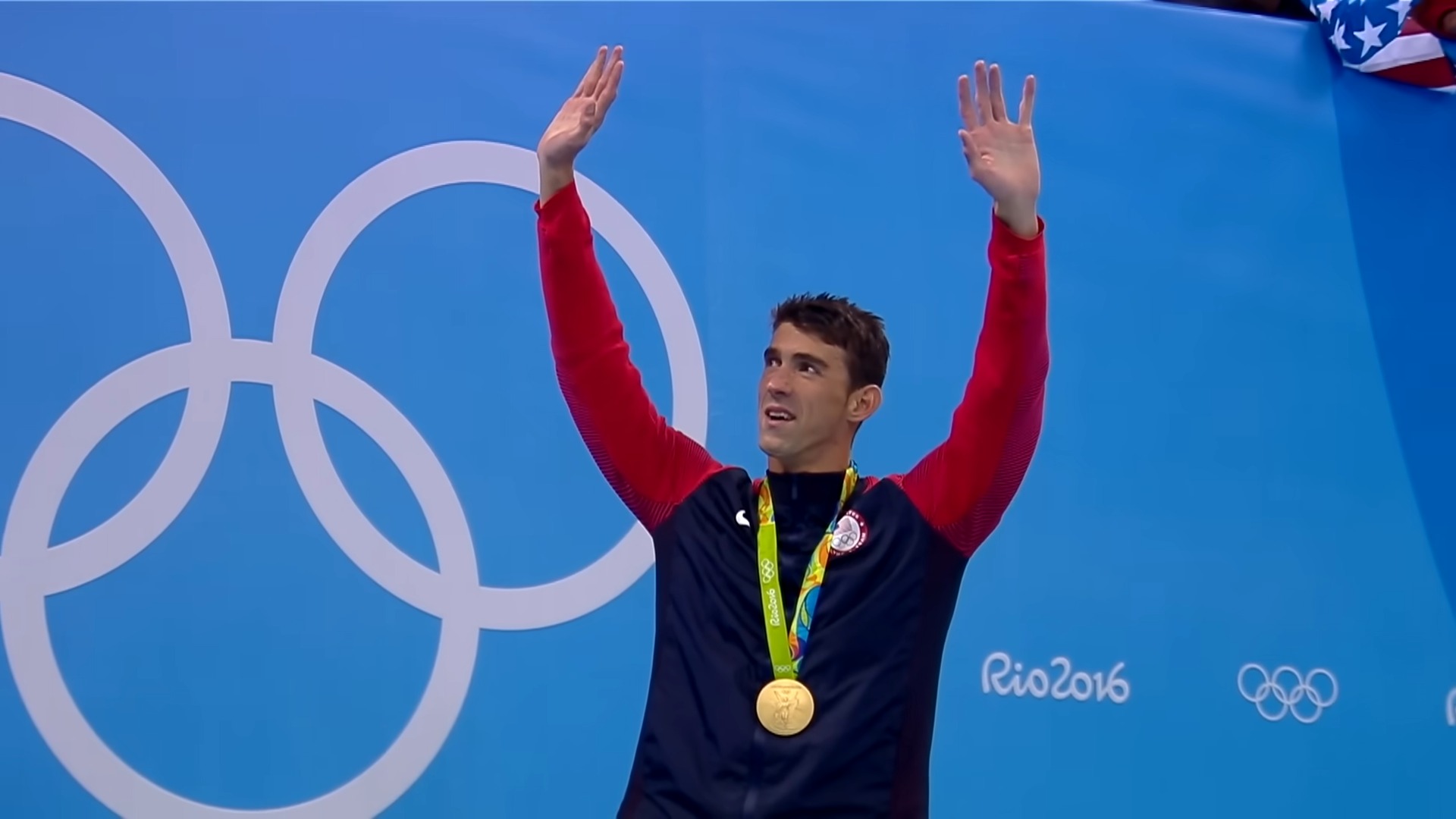Hey sports enthusiasts! If you’re like me, you probably find the Olympics to be the epitome of athletic excellence. It’s where the world’s best athletes come together to compete for the ultimate honor: an Olympic medal. But have you ever wondered which countries have the most bling in their Olympic trophy case? Well, you’re in luck!
The Olympic Games have evolved since their inception in 1896 in Athens. New sports have joined the roster, but the countries that started strong mostly remain at the top. Winning an Olympic medal is a lifetime achievement for any athlete, and a gold medal elevates them to hero status in their home country. Let’s take a look at the top 10 countries that have amassed the most Olympic medals.
10. Sweden (495 Medals)
A Historic Beginning
Sweden was one of the 14 nations that participated in the first modern Olympics in Athens in 1896. They also hosted the Games in 1912 in Stockholm.
Medal Tally
According to the International Olympic Committee, Sweden has won a total of 495 medals, with 147 of them being gold.
- Gold: 147
- Silver: 170
- Bronze: 178
Notable Athletes
Sweden has produced some remarkable athletes over the years. Swimmer Sarah Sjöström and wrestler Ivar Johansson are among the most notable.
Sports Dominance
As stated by Olympic Channel, Sweden has been particularly strong in wrestling, equestrian, and shooting events.
Historical Moments
Sweden’s historical Olympic moments include wrestler Ivar Johansson winning both freestyle and Greco-Roman golds in 1932
9. Australia (497 Medals)
A Multisport Nation
Australia has been a major player in the Olympics, hosting the Games twice: in 1956 in Melbourne and in 2000 in Sydney.
Medal Count
Australia has garnered 497 medals, with 147 of them being gold.
- Gold: 147
- Silver: 163
- Bronze: 187
Notable Athletes
Australia boasts athletes like swimmer Ian Thorpe and sprinter Cathy Freeman who have made their mark on the Olympic stage.
Sports Dominance
According to Sydney Morning Herald, swimming, cycling, and sailing have been Australia’s strongest sports in the Olympics.
Historical Moments
Australia’s Cathy Freeman lighting the Olympic flame and then winning the 400m in Sydney 2000 remains iconic.
8. Hungary (498 Medals)
The Inaugural Edition
Like Sweden, Hungary was also a participant in the first modern Olympics in 1896.
Medal Tally
According to Olympedia, Hungary has won 498 medals, with 175 of them being gold.
- Gold: 175
- Silver: 147
- Bronze: 176
Notable Athletes
Hungary has given the world athletes like fencer Aladár Gerevich and gymnast Ágnes Keleti.
Sports Dominance
According to Topend Sports, fencing, swimming, and canoeing are the sports where Hungary has excelled the most.
Historical Moments
Hungary’s water polo victory against the USSR in 1956 amidst the Hungarian Revolution stands out.
7. China (546 Medals)
The Asian Powerhouse
China made its Olympic debut in the Summer Games in 1924 and has since become a dominant force.
Medal Count
As stated by BBC China has won 546 medals, with 224 of them being gold. Source
- Gold: 224
- Silver: 167
- Bronze: 155
Notable Athletes
China’s most decorated athletes include diver Wu Minxia and table tennis player Ma Long.
Sports Dominance
According to China Power Project, diving, table tennis, and badminton are China’s strongest sports in the Olympics.
Historical Moments
China’s first gold medal came in 1984 from Xu Haifeng in shooting, marking its emergence as a sports powerhouse.
6. Italy (578 Medals)
The European Contender
Italy was another country that participated in the 1896 Athens Olympics and has remained strong since.
Medal Tally
According to Olympedia, Italy has won 578 medals, with 207 of them being gold.
- Gold: 207
- Silver: 178
- Bronze: 193
Notable Athletes
Italy has produced legends like fencer Edoardo Mangiarotti and gymnast Jury Chechi.
Sports Dominance
Fencing, cycling, and athletics are Italy’s strongest sports.
Historical Moments
Italy’s Alberto Tomba winning gold in both slalom and giant slalom in the 1988 Winter Olympics is unforgettable.
5. Great Britain (581 Medals)
The Versatile Nation
Great Britain has hosted the Summer Games three times, all in London, and stands fifth in the medal rankings.
Medal Count
According to The Guardian, Great Britain has won 581 medals, with 263 of them being gold. Source
- Gold: 263
- Silver: 295
- Bronze: 293
Notable Athletes
Great Britain has been home to athletes like cyclist Chris Hoy and rower Steve Redgrave.
Sports Dominance
According to BBC Sports, cycling, rowing, and athletics are where Great Britain has been most successful.
Historical Moments
The “Super Saturday” during the 2012 London Olympics where Great Britain won three athletics golds in a single evening stands out.
4. France (716 Medals)
The French Connection
https://www.youtube.com/watch?v=ay4ghAR1DD0&pp=ygUTcGFyaXMgMjAyNCBvbHltcGljcw%3D%3D
France has hosted the Games twice and is set to host again in 2024.
Medal Tally
France has won 716 medals, with 212 of them being gold.
- Gold: 212
- Silver: 241
- Bronze: 263
Notable Athletes
France has been represented by athletes like judoka Teddy Riner and fencer Laura Flessel-Colovic.
Sports Dominance
Fencing, judo, and cycling are France’s strongest sports in the Olympics.
Historical Moments
France’s co-hosting of the first Winter Games in Chamonix in 1924 remains a landmark event.
3. Germany (1346 Medals)
The German Efficiency
Germany has hosted the Games twice and stands third in the medal rankings.
Medal Count
Germany has won 1346 medals, with 428 of them being gold.
- Gold: 428
- Silver: 442
- Bronze: 476
Notable Athletes
Germany has seen athletes like swimmer Michael Gross and equestrian Isabell Werth rise to prominence.
Sports Dominance
Canoeing, equestrian, and athletics are Germany’s strongest sports.
Historical Moments
Germany’s hosting of the 1936 Olympics, known as the “Nazi Olympics,” remains one of the most politically charged Games.
2. Soviet Union (1566 Medals)
The Soviet Era
The Soviet Union participated in the Summer Games starting in 1952 and has won the second-highest number of medals.
Medal Tally
According to Russia Today, the Soviet Union won 1566 medals, with 590 of them being gold.
- Gold: 590
- Silver: 491
- Bronze: 485
Notable Athletes
The Soviet Union produced legends like gymnast Larisa Latynina and wrestler Aleksandr Medved.
Sports Dominance
According to NBC gymnastics, wrestling, and weightlifting were the Soviet Union’s strongest sports.
Historical Moments
The Soviet Union’s basketball win over the USA in a controversial match in 1972 is still talked about.
1. United States (2523 Medals)
The American Dream
The USA has hosted the Summer Games four times and has won the highest number of medals in Olympic history.
Medal Count
As stated by Yahoo Sports, the United States has won 2523 medals, with 1022 of them being gold.
- Gold: 1022
- Silver: 795
- Bronze: 706
Notable Athletes
The USA has given us athletes like Michael Phelps in swimming and Simone Biles in gymnastics.
Sports Dominance
Swimming, athletics, and gymnastics are the sports where the USA has dominated the most.
Historical Moments
The “Miracle on Ice,” where the USA’s amateur ice hockey team defeated the Soviet professionals in 1980, remains legendary.
Frequently Asked Questions (FAQs)
How are Olympic host countries chosen?
The International Olympic Committee (IOC) selects host countries through a bid process. Cities from around the world submit proposals, and the IOC evaluates them based on various criteria like infrastructure, experience, and legacy plans.
What is the significance of the Olympic flame?
The Olympic flame symbolizes the light of spirit, knowledge, and life. It is lit in Olympia, Greece, and carried to the host city, signifying the connection between the ancient and modern Games.
How are new sports added to the Olympics?
New sports are proposed by international sports federations and need to be approved by the IOC. The sport should have a broad, international appeal and meet various criteria like gender equality and youth appeal.
What happens if there’s a tie for a medal?
In some sports, athletes can share medals in the event of a tie. In others, tie-breaking procedures like additional rounds or time trials are used.
Do athletes get paid for winning medals?
Some countries offer financial rewards to their athletes for winning medals, but the IOC does not pay athletes for their wins.
What is the oldest Olympic record still standing?
Bob Beamon’s long jump record set in the 1968 Mexico City Olympics stood for 23 years, one of the longest-standing records. However, it was eventually broken.
How do athletes qualify for the Olympics?
Qualification processes vary by sport and country. Generally, athletes must meet certain standards or win qualifying events to earn a spot on their country’s Olympic team.
Final Words
The Olympics are more than just a tally of medals; they’re a celebration of human potential and a testament to the indomitable spirit that drives athletes to push the boundaries of what’s possible. From the early beginnings in Athens to the modern spectacle we enjoy today, the Games continue to captivate and inspire us all.

